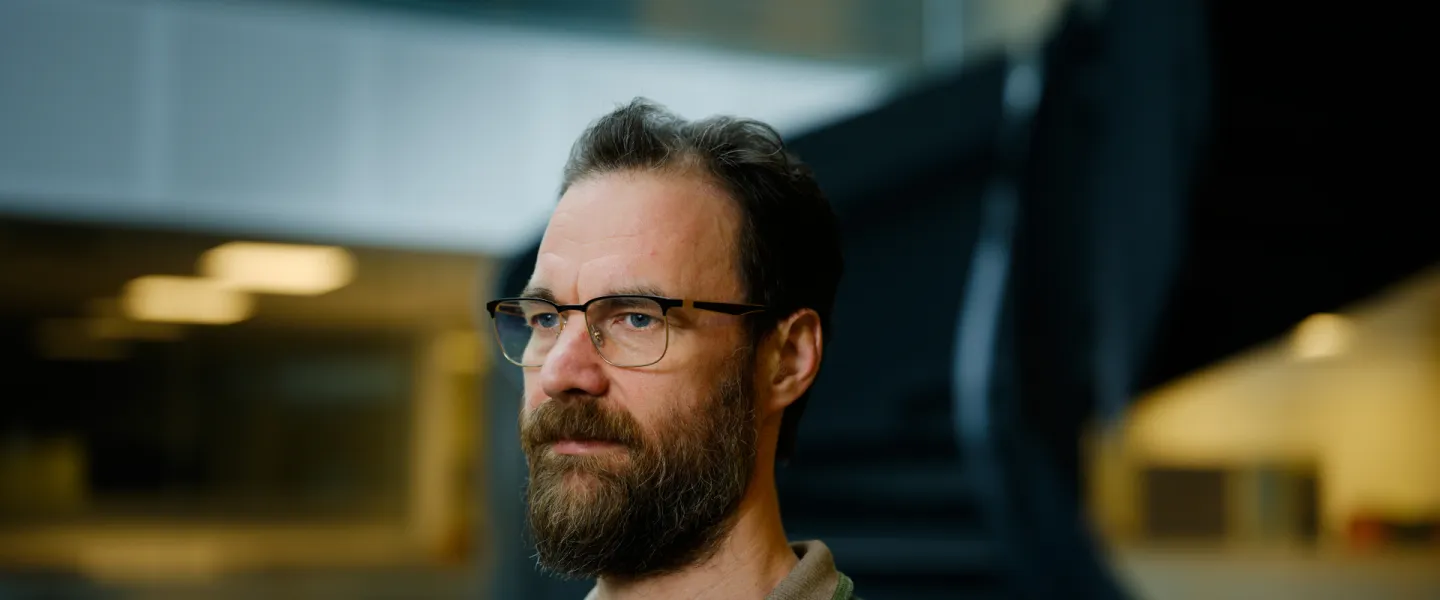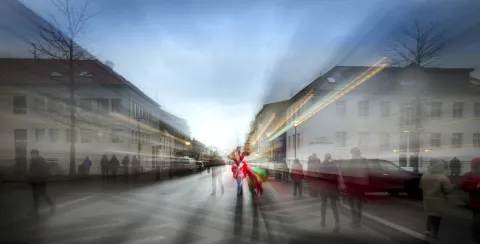
“I think there is a tendency in certain demographics in Iceland to believe that climate change is not that serious. I have some theories about why that is, but no definite answers yet,” says Ole Martin Sandberg, a postdoctoral researcher at the University of Iceland, about his research project “Climate Crisis and Affect: An Investigation of Embodied Emotions and Behaviours Regarding Climate Change in Iceland”. His research focuses on the effects of climate change in Iceland as seen from a social and philosophical perspective.
Ole Martin suggests that if people do not perceive climate change as significantly affecting them, they are less likely to support policies aimed at mitigating its impact. “I am equally interested in the effects of climate change on Icelandic nature, landscapes and biodiversity as I am in its cultural and societal impacts, as well as its influence on people’s thoughts and emotions. These issues are interconnected because how people think about climate change – how serious they perceive it to be, how anxious they feel about it, and what they believe should be done about it – is shaped by what they know or think they know about its consequences.
Emotions drive people to action
Two main factors led Ole Martin to this topic. While teaching a course a few years ago, he had students read texts on climate change written by people in different fields in the humanities and social sciences. He asked them to keep a journal on their mental development through the course, asking questions such as: “How did the texts affect them?” and “Did the texts give them a feeling of hope and empowerment or did they fill them with anxiety and despair?” “That’s when I realized how important it is for students – and for society in general – to talk about their feelings and for climate communicators to take these emotions seriously.”
Emotions are essential for solving problems because they lead people to action. Ole Martin maintains that having scientific knowledge about climate change doesn’t necessarily mean people know what to do about it. “I think we need more than science to understand the reasons for this; it is a social, psychological and philosophical problem too. Every academic field can contribute to solving this problem, and it is essential that the various fields collaborate. In the Anthropocene, we cannot make a sharp distinction between “the social” and “the natural” – they are inextricably intertwined.
Ole Martin has also been frustrated and disappointed in the way climate change has been communicated in Iceland. Most of the identification of consequences has, for example, centred on melting glaciers and increased risk of landslides. These issues are serious enough, but they are also very local problems that we can address. I don’t think this focus really conveys the seriousness of the problem, and I believe it overlooks many potential consequences that are much more severe.

